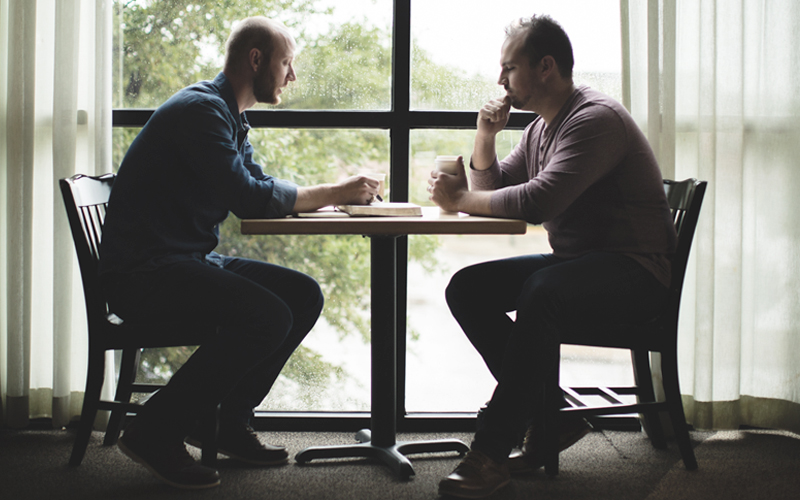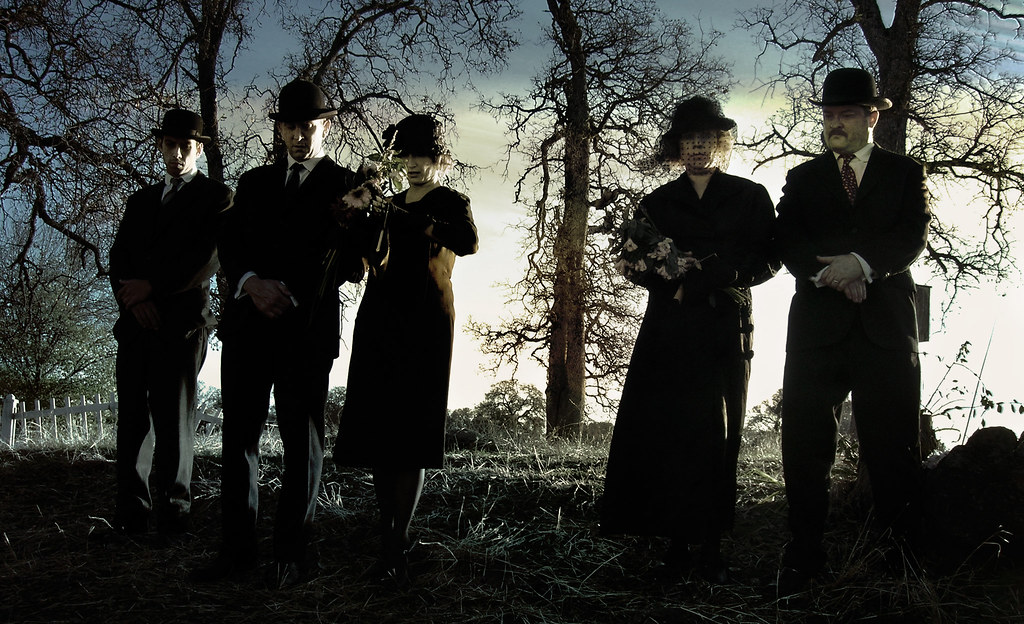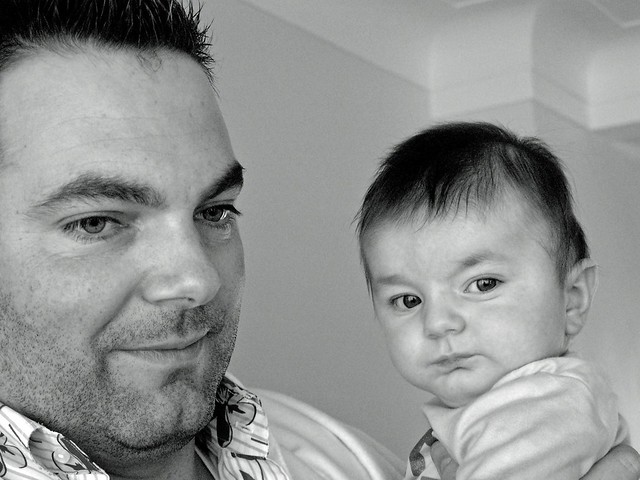
The phrase, “the First-Century Church,” is often used to describe the miracles we read about and the power of the Holy Spirit. And we find that there is an unfortunate split in the church as at one extreme, you find those that don’t believe the Spirit is active today and at the other extreme, we find those that think of the Spirit as something of a Santa Claus and that if you have struggles, it’s directly tied to your lack of faith. I find myself solidly in the middle. The Use of the Term “First Century Church” But that phrase just bothers me. A few blocks from my house there is a Pentecostal church that has on their sign, “A First Century Church.” Now, admittedly, I’ve never darkened the doors of that building and I don’t know any of the staff. So, I could be completely wrong about what they mean as they claim the title. And yet, I still cringe. The website, Crosswalk has an excellent article on the day of Pentecost and the Jewish festival that was being celebrated when it happened. Since I’m not writing about Pentecost specifically, I won’t go into too much detail. But I do encourage you to read the article on Crosswalk here. The Day of Pentecost: The Holy Spirit’s Arrival But, we’ll just lead off with the understanding that the day of Pentecost was the day that the Holy Spirit burst on to the scene in a big way. Lets look at the beginning of the second chapter of the book of Acts: “1 When the day of Pentecost had come, they were all together in one place. 2 And suddenly there came from heaven a noise like a violent rushing wind, and it filled the whole house where they were sitting. 3 And there appeared to them tongues as of fire distributing themselves, and they rested on each one of them. 4 And they were all filled with the Holy Spirit and began to speak with other tongues, as the Spirit was giving them utterance.” (NASB 1995) Reading on, please take note that in this instance, “they were speaking with other tongues” means that they were speaking in other known human languages that they likely did not know themselves. But who is “they?” Well, they were followers of Christ. If it’s the same group that was gathered in the previous chapter, then there were about 120 of them. This is to me, rather significant. During the Jewish holiday of Shavuot, we find a significant group of Christ’s followers deliberately hanging out together. I find that very important, but I want to put a pin in that for a moment. The Impact of the Holy Spirit on the Early Church So, from Acts 2:1 all the way to the end of the chapter, we can read about the powerful impact the moving of the Holy Spirit had on devout Jews that were in the area. This moving of the Holy Spirit is the primary focus of what we call the Pentecostal movement or Pentecostal churches. I have nothing against celebrating the power of the Holy Spirit. I think we should. But when the power of the Holy Spirit is all we are thinking about when we refer to the first-century church, then I think we are missing out on so much. The True Essence of the First Century Church Community and the Holy Spirit To put it most simply, the first century church was marked by the concept of community. In some cases, they were hiding in caves to avoid religious persecution so, we can easily justify that. But so much more than that, we see that the individual groups supported each other and spent much time together. We see that they were instructed to mentor each other in the faith. They had an affection for each other just because they were fellow believers. This is a huge cultural statement. They chose each other and helped each other. A Modern Example of Christian Community In Chicago, there is a Christian commune called “Jesus People USA.” At the beginning of my college internship, I lived with them briefly. The whole point of them existing for so many years is that concept of community. They deliberately spend the majority of their time in community so that they all are built up in Christ. It’s wonderful. It really is, it’s a beautiful thing. Not only did local groups hang out together for the edification of all, we see that the local groups supported other local groups financially. Again, we have the concept of care and community. The Need for Deeper Community in Today’s Churches Today, many churches have small group studies and there is the tradition of the church potluck, where people “break bread” together. This is a step in the right direction, but I feel like it’s too little. There is still the crisis of all the Christians who sing wonderful praise songs, sit though a sermon, then are back to being surrounded by their troubles by the time they get their car out of the church parking lot. Is that you? Be honest with yourself, I beg of you. Encouragement to Build Strong Relationships This is why I encourage people to spend time with other believers and to spend time in and around ministry. The more time I am around ministry work, the Word, and fellow believers, the more I like myself. And I want to encourage you in the same way. Be reading Christian books (even if they’re not mine). Spend time with fellow believers, truly pray for each other and with each other. Support each other in your struggles. Check-in with each other. The Importance of Supportive Relationships When my beautiful bride was in the hospital for six months with a brain infection and a dangerous build up of fluid around her brain, I found myself often very alone, despite spending the vast majority of my time at her bedside…




